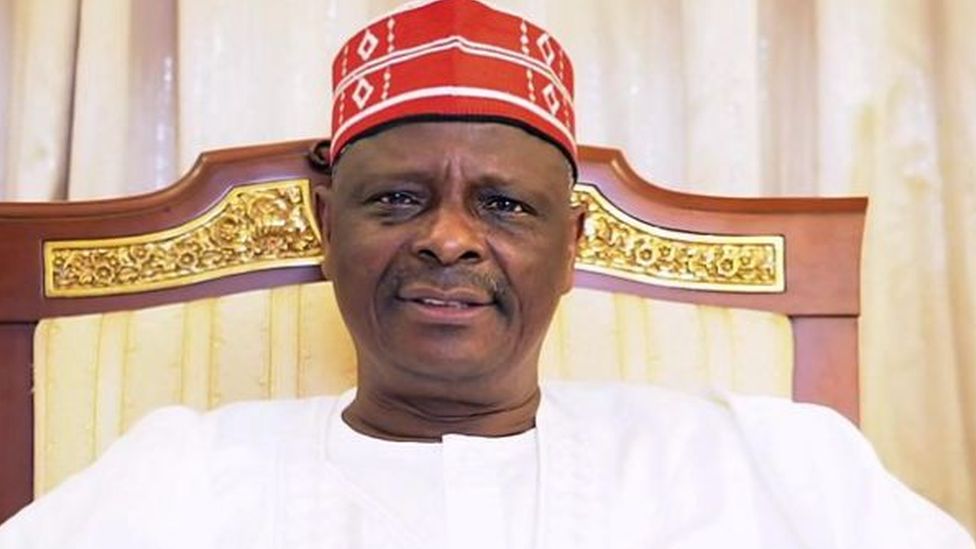The New Nigeria Peoples Party (NNPP) has been embroiled in a protracted leadership struggle, culminating in a recent court ruling that has further solidified the position of the faction led by the party’s founder, Dr. Boniface Aniebonam, and National Chairman, Dr. Agbo Major. This legal battle, initiated by a faction loyal to Senator Rabiu Kwankwaso, sought to challenge the legitimacy of the current leadership and invalidate the authority of the party’s Board of Trustees and executive committee. The Kwankwaso faction, represented by Ahmed Ajuji and 20 others, argued that the current leadership, including National Secretary Oginni Olaposi, Deputy National Chairman Chief Felix Chukwurah, and legal practitioner Tony Obioha, had been expelled from the party and therefore lacked the authority to conduct party affairs, including convening meetings, conducting congresses, and presiding over the national convention.
The High Court of the Federal Capital Territory, presided over by Justice M.A. Hassan, dismissed the suit filed by the Kwankwaso faction, asserting a lack of jurisdiction over internal party disputes. Justice Hassan underscored the established legal principle, upheld by both the Court of Appeal and the Supreme Court, that the judiciary does not intervene in the internal affairs of political parties unless the dispute pertains to the nomination of candidates for elections. This ruling effectively dismissed all the reliefs sought by the claimants, reaffirming the legitimacy of the Agbo Major-led NNPP leadership and their authority to manage the party’s affairs.
This recent judgment aligns with an earlier decision by the Abia State High Court, delivered on November 1, 2024, which further cemented the position of the Aniebonam-led Board of Trustees and validated the party’s congresses and National Convention that resulted in the election of the current leadership. The consistent legal affirmation of the Major-Aniebonam leadership provides a significant boost to their control over the NNPP, potentially paving the way for a more unified approach to party activities and future elections.
Segun Fiki, counsel for the defendants, welcomed the court’s decision, characterizing the lawsuit as an attempt to seize control of the party through illegitimate means. He emphasized that the ruling unequivocally affirms the rightful administration of the NNPP under Major and Aniebonam, calling upon the Independent National Electoral Commission (INEC) to formally recognize and cooperate with the party’s duly elected officials. This call for INEC recognition underscores the importance of this legal victory for the Major-Aniebonam faction, seeking to solidify their position and ensure smooth interaction with electoral authorities.
However, the Kwankwaso faction, through their National Publicity Secretary, Ladipo Johnson, rejected the interpretation of the court ruling presented by the Major-Aniebonam faction. Johnson argued that the suit was not specifically about the legitimacy of Major or Aniebonam, but rather focused on individuals allegedly misrepresenting the party. He contended that the judge’s decision, based on lack of jurisdiction, did not equate to an affirmation of Major’s leadership and accused the opposing faction of misconstruing the ruling to their advantage. This differing interpretation highlights the ongoing division within the NNPP and suggests that the leadership dispute may persist despite the recent court rulings.
The legal battle within the NNPP reflects the broader challenges faced by Nigerian political parties, often grappling with internal factions and leadership disputes. These internal struggles can significantly impact party cohesion, electoral performance, and overall political stability. The judiciary’s reluctance to intervene in internal party matters, while upholding the principle of party autonomy, also underscores the need for strong internal dispute resolution mechanisms within political parties. The ongoing tension within the NNPP, despite the court rulings, necessitates internal dialogue and reconciliation efforts to bridge the divide and forge a unified front for future political engagements. The party’s ability to overcome this internal strife will be crucial in determining its future effectiveness and influence in the Nigerian political landscape.


